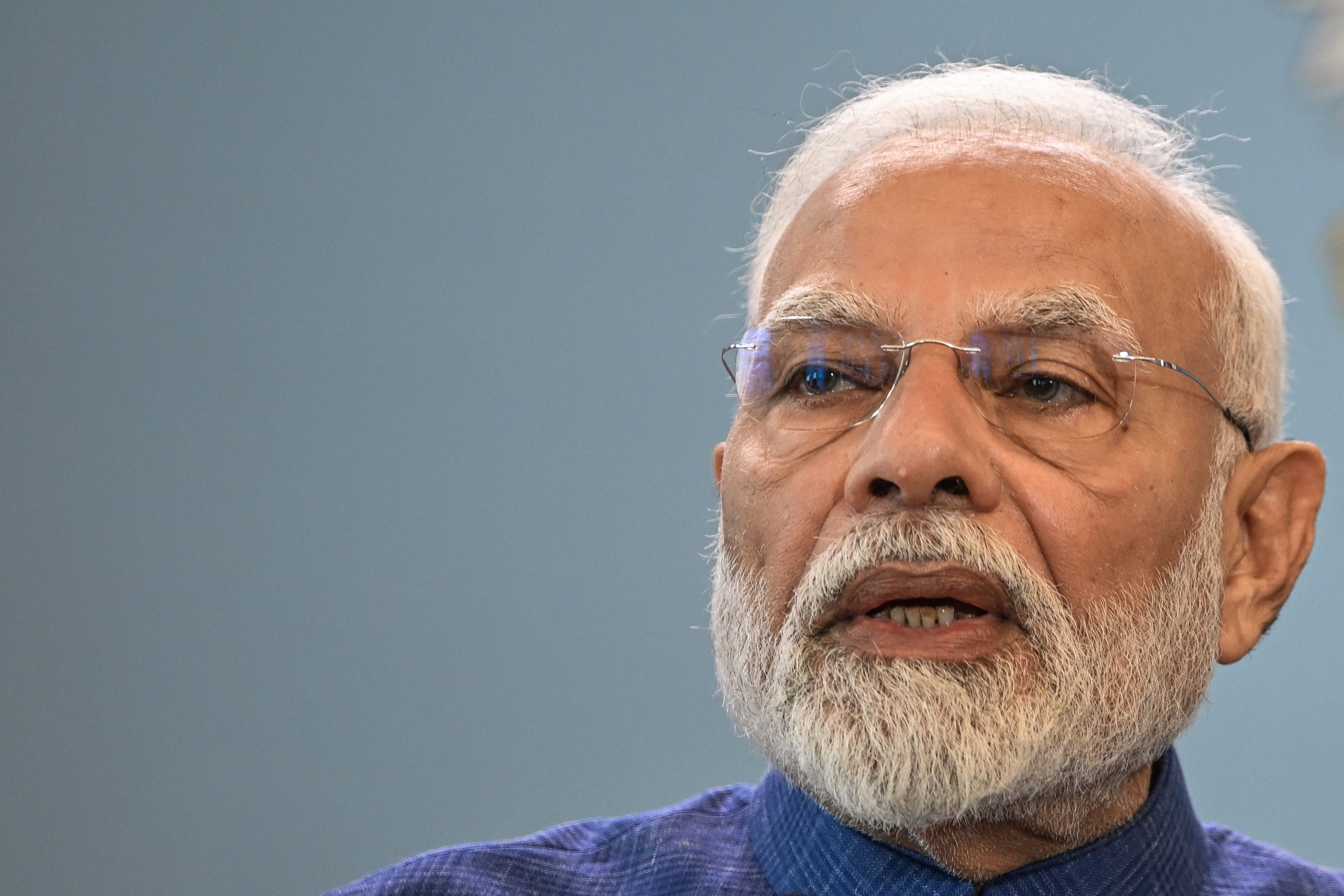Prime Minister Narendra Modi’s attendance at the 16th BRICS summit in Kazan marks a significant milestone—his tenth overseas visit during his third term and his second journey to Russia. Notably, eight of these trips have focused on Eastern and Central European nations and East Asia, while the other two were to Italy for the G7 summit in June and the USA for the QUAD summit in September. These diplomatic engagements highlight India’s evolving role as a vital bridge between East and West, positioning the nation as a key player in global diplomacy.
PM Modi’s strategic visits not only strengthen bilateral ties but also emphasize India’s commitment to fostering collaboration among world powers. As he navigates these diverse partnerships, India emerges as a pivotal force in shaping a more interconnected global landscape.
The Genesis of BRICS
The foundation of BRICS can be traced back to a 2001 Goldman Sachs Economic Research report, which highlighted four rapidly growing emerging market countries—Brazil, Russia, India, and China—as key drivers of future global economic growth, coining the term “BRIC.” This vision took shape in 2006 when the leaders of BRIC met on the side-lines of the G8 outreach summit, resulting in a transformative decision that led to the formation of the BRIC bloc aimed at collective growth and an alternative world order.
South Africa joined in 2010, expanding the group to BRICS. In 2023, over forty nations expressed interest in joining, with Iran, Egypt, Ethiopia, and the UAE set to join in 2024, creating BRICS+. This year’s summit thus marks the first time in fourteen years that new members will be welcomed. Amid current geopolitical instability, a group with such strength and reach commands global attention.
The Strength of BRICS
The robustness of BRICS lies in its composition, which includes major world powers like China and Russia, alongside influential nations such as South Africa and Brazil. Collectively, BRICS accounts for over 40% of the world population and a quarter of the global economy.
With the addition of Iran and the UAE, the bloc represents a significant portion of global crude oil production. Should Saudi Arabia officially join, BRICS could produce up to 44% of the world’s crude oil. Russian President Vladimir Putin has highlighted that the combined GDP of BRICS nations now exceeds $60 trillion, surpassing that of the G7 countries.
This shift in economic landscape is evident, as BRICS now accounts for 37.4% of global GDP compared to the G7’s 29.3%. Consequently, BRICS is transforming from a group of potential into a leadership force on the world stage.
BRICS as an Alternative Global Framework
BRICS exemplifies the creation of a balanced power dynamic between East and West. The bloc has achieved significant milestones, such as establishing the New Development Bank (NDB) and the Contingent Reserve Arrangement (CRA) to compete with the World Bank and the International Monetary Fund. The NDB prioritizes climate-smart, disaster-resilient, technology-integrated, and socially-inclusive projects, with over $30 billion approved for 96 initiatives.
A critical aspect of BRICS has been its efforts to reduce dependency on the dollar for global exchanges. This is particularly relevant as countries like Russia and Iran face major sanctions imposed by Western nations, making the bloc’s economic outlook and prospects central to discussions of the summit this year. In 2023, BRICS had maintained a nuanced and cautious stance regarding the Russia-Ukraine war. The group emphasized dialogue and negotiation as means to resolve the conflict, rather than taking a unified position that could alienate any member state.
BRICS is also crucial for the Global South as it amplifies the voices and interests of emerging economies, providing a platform for collaboration on shared challenges such as economic development, climate change, and social equity. By fostering mutual support and cooperation among its diverse members, BRICS empowers countries in the Global South to assert their influence on the global stage, challenge traditional power structures, and pursue alternative pathways for growth. This solidarity not only enhances political leverage but also encourages sustainable development initiatives, ultimately contributing to a more balanced and equitable international order.
Reiterating what PM Modi said, “India wants a world order that ensures inclusive development of all:, especially the global south”, BRICS provides a platform for this world order to shape its future.
India’s Pivotal Role in BRICS
As a founding member of BRICS, India has played a pivotal role in the group’s evolution. In the current political climate, marked by conflicts involving Russia and Iran, as well as China’s economic challenges, India emerges as a vital voice within BRICS. PM Modi has been a prominent figure in discussions across various platforms, including the G7, QUAD, ASEAN, and SCO. The 2024 BRICS summit emphasizes multilateralism, with PM Modi leading this by example. Also, India serves as a vital bridge between the global East and West, leveraging its unique geopolitical position and diverse cultural heritage to foster collaboration and dialogue.
Through active participation in international forums India emphasizes the importance of multilateralism and collective action in addressing pressing global challenges. Prime Minister Narendra Modi’s diplomatic efforts have focused on strengthening ties with both Eastern and Western nations, promoting initiatives in trade, security, and sustainable development.
Hence, the 2024 BRICS summit represents a pivotal moment for India as it asserts its leadership on the global stage. With PM Modi at the helm, India not only bridges East and West but also champions a collaborative approach to pressing global challenges. As the group evolves with new members and initiatives, its potential to reshape the international order becomes even clearer. This summit will undoubtedly further solidify India’s role as a key player in multilateral cooperation.
-Pooja Mishra (DD India)




















